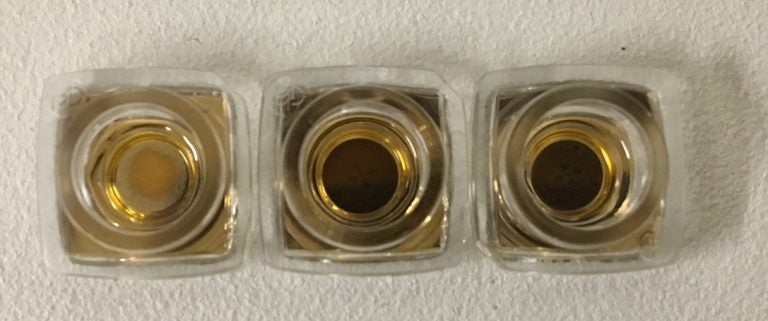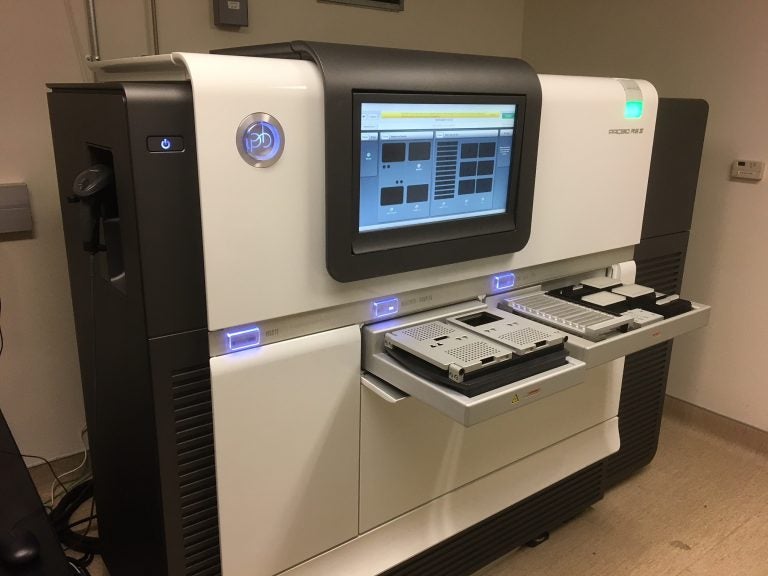Pacific Biosciences RSII DNA Sequencer (operated by Core Staff)

|
|
Applications
|
|
Specifications
|
|
|
Samples
|
|
Pacific Biosciences RSII DNA Sequencer (operated by Core Staff)

|
|
Applications
|
|
Specifications
|
|
|
Samples
|
|